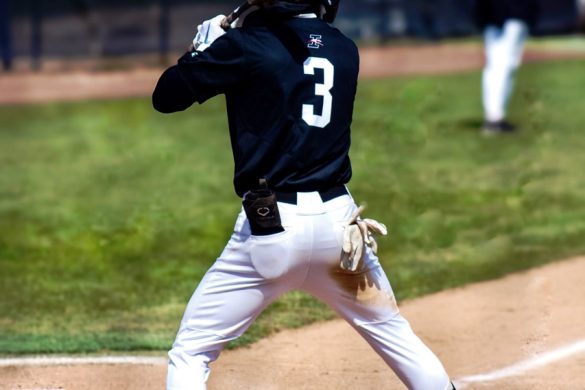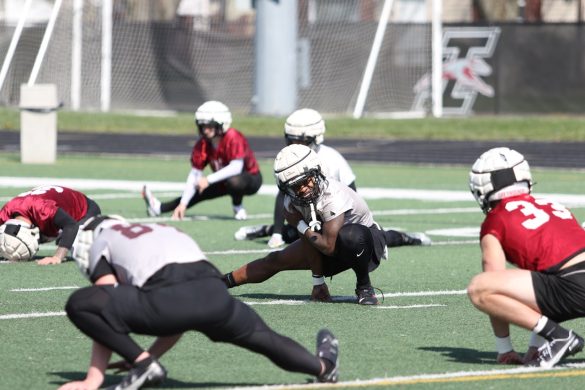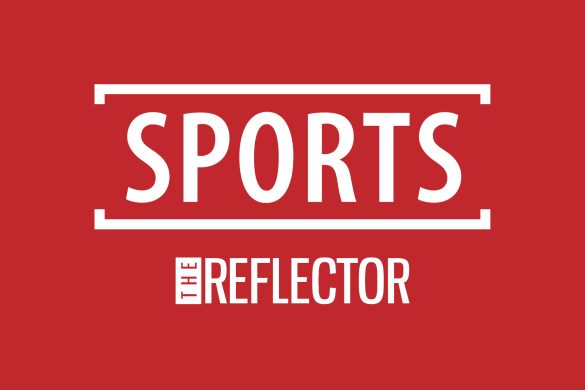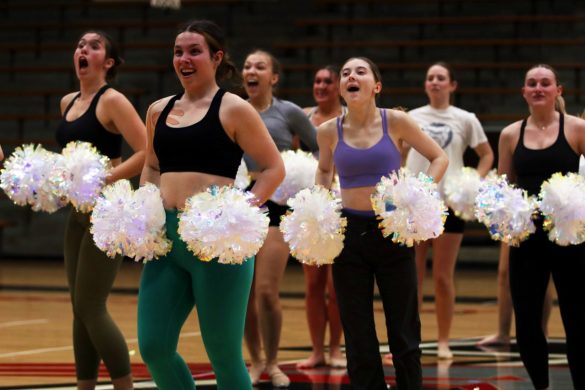Editor’s Note: This is the first in a two-part series about the mental side of athletics. The second and final part will be published on April 14.
NBA superstar and champion Kevin Love published a piece in The Players Tribune on March 6, 2018, that detailed his experience with mental health and his struggles with a panic attack during an NBA contest. Love’s openness with the public did a large amount of good for the field of sports psychology and helped reduce the stigma around mental health in athletics, according to Jesse Steinfeldt, an associate professor of counseling and educational psychology at Indiana University and director of the IU Sport and Performance Psychology Practicum.
“I think Kevin Love really did well for human beings and for the field and for other athletes by being honest and being vulnerable and putting that out there,” Steinfeldt said. “His experience … opened eyes to a lot of people whose eyes might not have been aware or open of what was going on … So we’re eroding the stigma. It’ll be a while before we totally wipe it out, but we’re eroding. It’s breaking it down in really good ways for college, professional, high school and youth-level athletes.”
Sports psychologists are practitioners who help prepare athletes to be strong mentally on and off the field, according to Steinfeldt. He said that sports psychology works within two spheres. The first is the performance side, which is focused on preparing athletes to be motivated and perform at the best possible level. The other, according to Steinfeldt, is mental health.
“As a psychologist, I help them deal with symptoms of depression or deal with a breakup with a girlfriend or anything that could be getting you off your center…,” Steinfeldt said. “For some people having a bad day or going through hard times, it [the situation] gets in the way of the performance, [so] we teach them to compartmentalize. So it [the spheres] only overlaps a little bit, but in some cases, it can be eclipsed, it could be debilitating … I think one of the biggest challenges that we face working with athletes is overcoming the stigma — and having people recognize that these are human beings, not robots.”
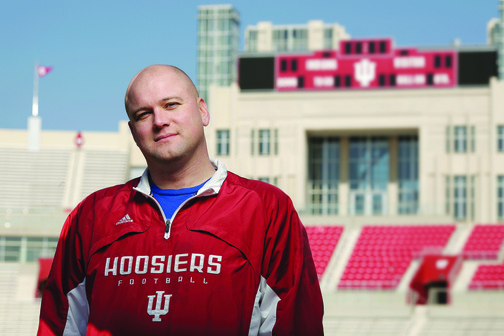
According to Steinfeldt, sports psychology is a part of every sport, and a strong mental game for an athlete can make the difference between an average player and a great player. Steinfeldt said that players in sports such as baseball or golf may benefit more from developing the mental side of the sport.
“A great athlete and elite athlete is right here, between the ears. It is about decision-making in that space,” Steinfeldt said. “In baseball, there’s a lot of split-second decisions that you have to make. It’s also about how you rebound. In baseball, you strike out three times, what do you do that fourth at-bat? You’re going to crap your pants and feel sad if you’re sorry for yourself? Or are you going to focus and get that important hit and go one for four? … So I believe wholeheartedly that the mental aspect of your game is as important for you to train as a physical part of the game because it’s the differentiation point. It’s what’s going to tip you off from good to great.”
Preparation before games is another part of athletics on which psychologists focus. According to Steinfeldt, one of the strategies that they use is slowing the athletes’ worlds down and focussing on their immediate moment.
“When you’re performing at the peak performance, you’re not really thinking about it. You just get into that space. But it’s hard to get in that space,” Steinfeldt said. “We [sports psychologists] also talk about activation, like before you play. It’s three hours before our kickoff, what are you doing? If you are all jacked up three hours, it’s going to fatigue you, or you sit down, how do you properly amp yourself up? There’s a lot of things we do with our mindset and how we use cue activation and things like that to get them [athletes] in the right frame of mind to compete.”
University of Indianapolis redshirt sophomore wrestler Jack Eiteljorge said he starts to prepare himself to compete three matches before his. He said he has a playlist that he listens to in order to prepare himself and help keep his nerves under control.
“I think the best thing is just to embrace them [the nerves] and realize you’re nervous, but use it in a positive way,” Eiteljorge said. “Like, yeah, I’m nervous, but I’m still going to do my best. I … leave it all out there and whatever happens, happens. It’s just a sport. I’m here to have fun.”
According to redshirt senior defensive back Connor Steeb, everyone is different before games, and some people will be in their own bubble with music and their thoughts, while others may get hyped up before the game. He said the coaches preach to stay in the middle. To control the emotions before the game, he said, is one of the biggest challenges he faces mentally as a football player.
“A good quote that I like to use is from our defensive coordinator, Coach Cooper. He says, ‘Don’t get too high and don’t get too low.’ You want to stay in the medium because if you get too high too early, then it dies down in the game later on,” Steeb said. “But if you’re too low, you’re not going to be high to make good plays.”
Junior women’s tennis player Nikol Alekseeva said that she is a emotional person and part of her mental preparations is dialing back her emotions. She said that having a pregame routine really helps her stay focused.
“What I do is in the morning before the match, or even the night before, I need to prepare all my stuff, all my clothes. I need to get fully ready,” Alekseeva said. “Then in the morning, I usually have the same breakfast. I do meditation. This helps me a lot just to clear my mind … I don’t like to communicate with others a lot. I just have my music. I have the same playlist that I use every time before the match, and this sets my mind or prepares me for the match.”
